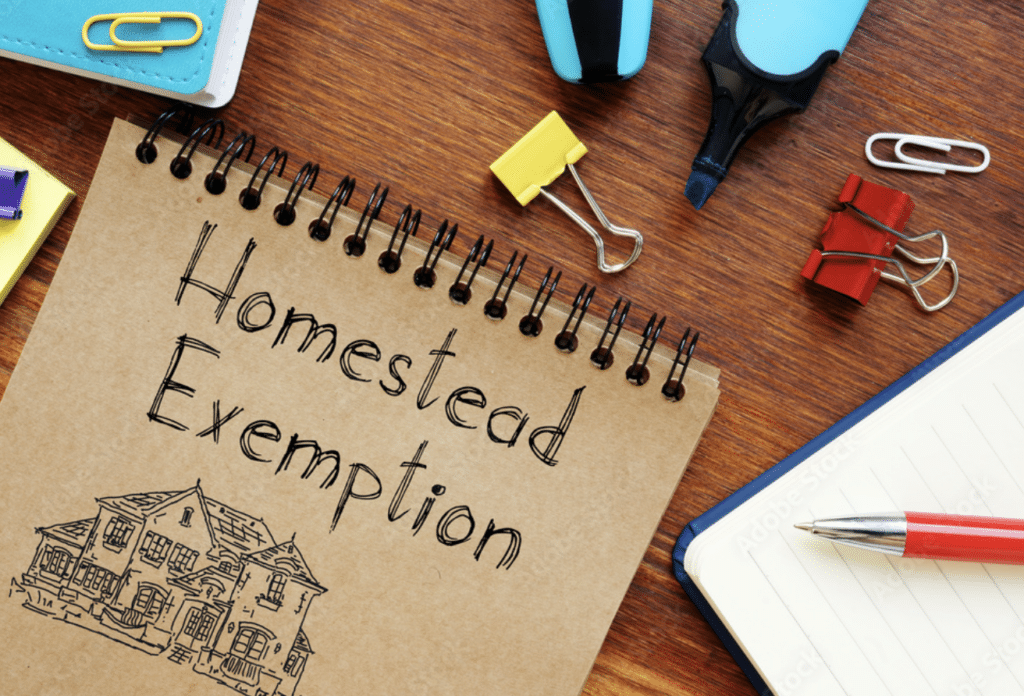
California Homestead Exemption
New Assembly Bill 1885 expands California’s homestead exemption enhancing the benefits of filing a chapter 7 and chapter 13 bankruptcy. This new legislation went into effect January 1, 2021. The idea behind the new bankruptcy California homestead exemption law is to help limit liabilities while protecting homeowners from losing their homes in bankruptcy.
For many years prior to this expansion, only $75,000 was exempted for an unmarried individual, $100,000 for a married couple, and $175,000 for those 65 or older or disabled. The newly expanded homestead exemption increased the exemption limit in California to $300,000 to $600,000 varying based on the county. These limits, adjusted annually for inflation, have increased the 2023 bankruptcy homestead exemption to $678,391 in San Diego County for those who qualify.
A chapter 7 trustee can sell a debtor’s non-exempt property to pay creditors. This means if a debtor’s home is worth more than the allowed exemption, the bankruptcy trustee can forcibly sell the debtor’s home. The debtor would be left only with a check for the amount of the exemption after the trustee receives the proceeds from the sale of their home. After the debtor receives the exemption amount, any surplus would go to pay creditors, a percentage to the trustee, and any remainder to the debtor.
Under chapter 7 bankruptcy, the new homestead exemption amount allows more homeowners to file chapter 7 bankruptcy while protecting up to $678,391 of equity in their home. This means more homeowners will be able to keep their higher-valued homes while discharging most types of debts. Prior to 2021, many of these debtors would have been unable to protect the equity in their homes under chapter 7 leaving them a chapter 13 repayment plan as their only other bankruptcy option.
A chapter 13 bankruptcy allows a debtor to repay debts through a three-to-five-year plan while keeping non-exempt property. Under Bankruptcy Code 11 U.S.C. § 1129(a)(7), known as the best interests of creditors test, a chapter 13 debtor’s plan must pay unsecured creditors no less than they would receive if the case were filed under chapter 7. Since the homestead exemption limit increased to $678,391 in San Diego County, a chapter 13 debtor may be far less burdened by the requirement to pay unsecured creditors what they would have received under a theoretical chapter 7.
There are certain criteria for the homestead exemption. The property must be a debtor’s principal residence, and the debtor must have lived in California for at least the past two years preceding the bankruptcy filing. As with most things, certain exceptions may apply. If you have questions or a considering a bankruptcy, please call the RJS LAW bankruptcy attorneys at 619-595-1655 of contact us via the web RJS LAW to schedule a free consultation to see if you qualify for the new increased homestead exemption amount.
Written by Judith Jeremie

Leave a Reply